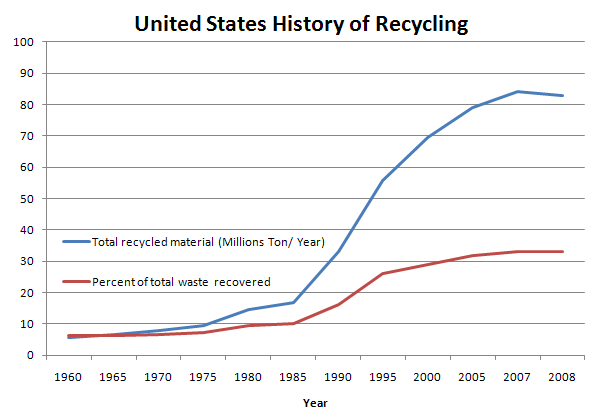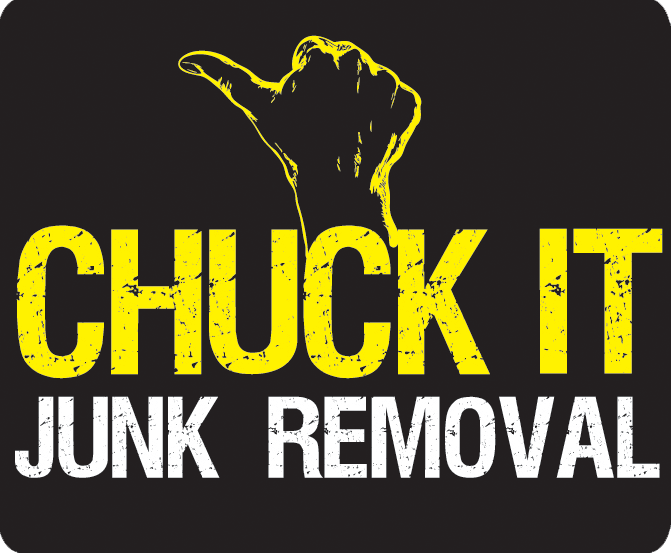- Recycling
- Bychuck it
- July 6, 2015
- 0 comments
Recycling’s Crisis, and What You Can Do to Help

Recycling has become a part of everyday life for a majority of Americans; so much so that we don’t give a thought to the waste we toss in our big blue bins. What we don’t think about has become a rather large issue for waste management companies who are, according to the CEO of the Waste Management company, in a “nationwide crisis” when it comes to recycling. Recycling has become much less profitable over the five to ten years which has caused a large amount of recycling plants across the country to close, sending many cities’ recycling straight to the landfill. Residential recycling would still be possible without a public service but citizens would have to take more responsibility in disposing of recyclable waste which would lead to an even steeper drop in recycling rates. Some reasons for the loss in profitability are lower commodity prices for recycled materials, less foreign demand but how we recycle as consumers is also affecting these companies’ bottom lines.

From “Solid Waste Production”. Tim Casse, Vermont State College
Another Bin to the Curb
To explain modern recycling practices and what’s wrong with them, we need to start from the beginning. Around the 1990’s and 2000’s cities and waste management companies wanted to get more people to recycle more material. The issue with this is that people became trained to not use discretion when recycling materials; it was better to attempt to recycle something even if it item wasn’t known to be completely recyclable. Along with this, the bin size of many cities recycling bins has grown significantly to the point where they are as big if not bigger than the regular garbage bins they accompany. This, again, creates more indiscretion, where people will throw out larger items that might not be 100% recyclable. With larger bins people also neglect to break down large items like cardboard boxes which slow down the recycling process at the plant and also encourages material contamination (if a glass bottle breaks when tossed in the bin, it gets mixed in with the other materials and is harder to filter at the plant).
What Can You Do?
This all boils down to higher processing costs for recycling and waste management plants who need to do more work to break down materials. To prevent this and keep our recycling plants running as smoothly as possible, the average person needs to use more discretion when recycling.
Some tips for better recycling habits:
- know if all the items in your recycling bin are completely recyclable,
- breaking down larger items to shorten the process at the plant
- and making sure glass and other easily shattered materials are kept intact when placed in the bin.
Here is a list of accepted materials for recycling in Ann Arbor:
- Paper: cardboard, sheet paper, magazine paper
- Metal cans
- Glass bottles and jars
- Scrap metal (1 cubic yard, up to 20 lbs.)
- plastic tubs, bottles etc. labeled #1-#7 excluding #3 pvc
- Large plastic Items that fit in the bin with the lid closed
- Aseptic and tetrapak packages
What not to throw in the bin:
- Plastic bags and Styrofoam
- #3 plastics/pvc
- Biodegradable plastics
- Batteries and other products that contain toxic materials
- Light bulbs
- Ceramics
- Medical waste and syringes
- Electronics
- Textiles
- Wood
For more tips on recycling, you can visit Ann Arbors Government Site.
